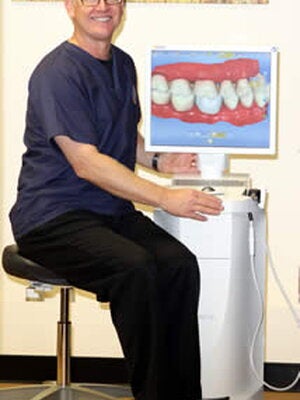
I started at the University of Illinois Urbana/Champaign in 1975 with my major in Pre-Dental. The school dropped that as a major after my first year and put me into Biology. Unfortunately, being lumped together with all of the pre-medical and pre-dental students wasn’t my cup of tea. After one semester of this and after taking several enjoyable Psychology classes, I found that the school of Psychology was far friendlier and personable than the pre-med/biology group. So I asked the school of Psychology if I could switch over to them and they enthusiastically said yes. Back then I had to manually carry over my files and such (along with standing in the Armory in oppressive heat to register in the fall), but that’s another story.
After transferring, I truly enjoyed my time in Urbana. While having to take all of the prerequisites such as Biochemistry, Biology, Physics, Chemistry etc. I could always look forward to a change of pace with my Psychology classes. I was accepted to the University of Illinois School of Dentistry after three years and moved up to the U of Illinois Medical Center (now U of I/ Chicago). After graduating from the dental school in 1982, I have practiced general dentistry.
Looking back, I am so happy that I decided to major in Psychology instead of Biology. Dental school had more than plenty of its own in-depth science classes and I felt that having the Psychology education made me a more well rounded student. I have found throughout my 36 year dental career that having that Psychology training and knowledge has made me a far better dentist. I feel that I can communicate and empathize much better with my patients than I could have otherwise. And trust me, going to the dentist is still an anxious time for many patients, so I am glad to be able to put them at ease by using what I learned in Urbana to help them during their visit.
All health care professionals including physicians, dentists, nurses etc. would ideally have some formal or continuing education in Psychology thereby helping them to treat their patients more holistically and with greater understanding.